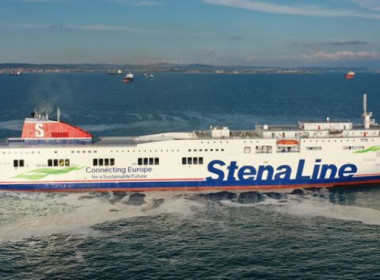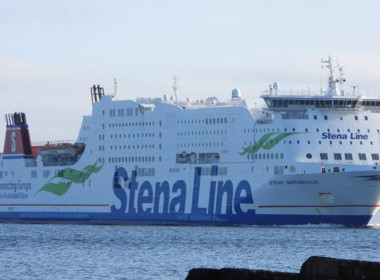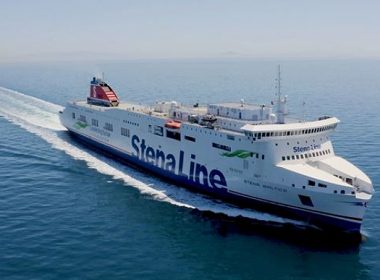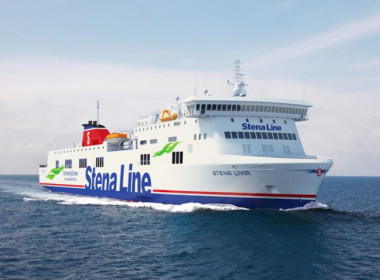Swedish investigators publish report on crewmember death on Stena Line ferry

The Swedish Accident Investigation Authority (Statens Haverikommission; SHK) has published its report on an investigation into the tragic death of a crewmember on a passenger vessel on a Swedish-flagged ferry on June 27, 2022.
On the said date, a marine engineer was found unconscious on board Stena Germanica, a Ro-Pax ferry operated by Swedish shipping company Stena Line.
The individual was found unconscious next to a ballast pump in the ferry’s boiler room.
CPR was administered to the victim for over an hour but without success. A doctor and a nurse among the passengers assisted the crew during the procedure.
The engineer’s death was initially assumed to be due to natural causes or a sudden cardiac arrest.
Identifying the probable cause
On July 14, 2022, about two weeks after the death, another marine engineer was looking for the cause of a water leak at the ballast pump where the victim had been found unconscious.
As the engineer leaned forward to feel where the water was coming from, he received a very strong electric shock from a solenoid valve that was wet. The engineer did not know that it was at that ballast pump that his colleague had been found and that the colleague had also been looking for a water leak.
Suspicions then arose that the live part could have had a connection with the previous death.
The shipping company hired an electrical company that came on board the day after the second incident to investigate. At the same time, the shipping company informed local police that the previous death could have been an electrical accident.
The SHK said several different errors caused the components to become live. In addition to the fact that the gasket that should sit between the connector and the coil of the solenoid valve was missing, there was also no protective grounding.
The incoming cables had also been changed, which meant that the solenoid valve was energised the entire time the pump was in operation.
The SHK commented that neither individually, nor all the errors together, affected the operation and thus the crew had not received any indication that there were any errors.
The electrical circuit was designed as a solidly earthed system (TT-system), which was outside the ordinary isolated earth fault monitored electrical system. These earthed systems can produce high fault currents when transferred to ground, which in this case was the ship’s hull.
Conclusion
The SHK said the accident on July 14, 2022 was caused by improperly connected components of a ballast pump becoming live when they came into contact with water, causing current to pass through when the crewman touched the components. This was probably also behind the death on June 27, 2022.
The underlying reasons for the components becoming live were probably that persons without sufficient knowledge had carried out electrical installation work. Deficiencies may also have existed in the electrical installation already when the ship was delivered as new.
Recommendations
Due to the events, the SHK issued the following recommendations to the shipping company and the Swedish Transport Agency.
Stena Line is recommended to:
- Review the routines for familiarization of the entire crew on board, with the aim of shortening the response time from alarm until crew members arrive at the scene of the accident.
- Draw up routines for consulting the medical services ashore, every time a person on board receives an electric shock or electrocution.
The Swedish Transport Agency is recommended to, within the framework of its supervision, pay attention to the risks of improperly performed electrical work on board ships, e.g., by emphasising in dialogue with the shipping companies the importance that only people with the required knowledge in electricity and the ship’s special electrical system carry out electrical work on board.








